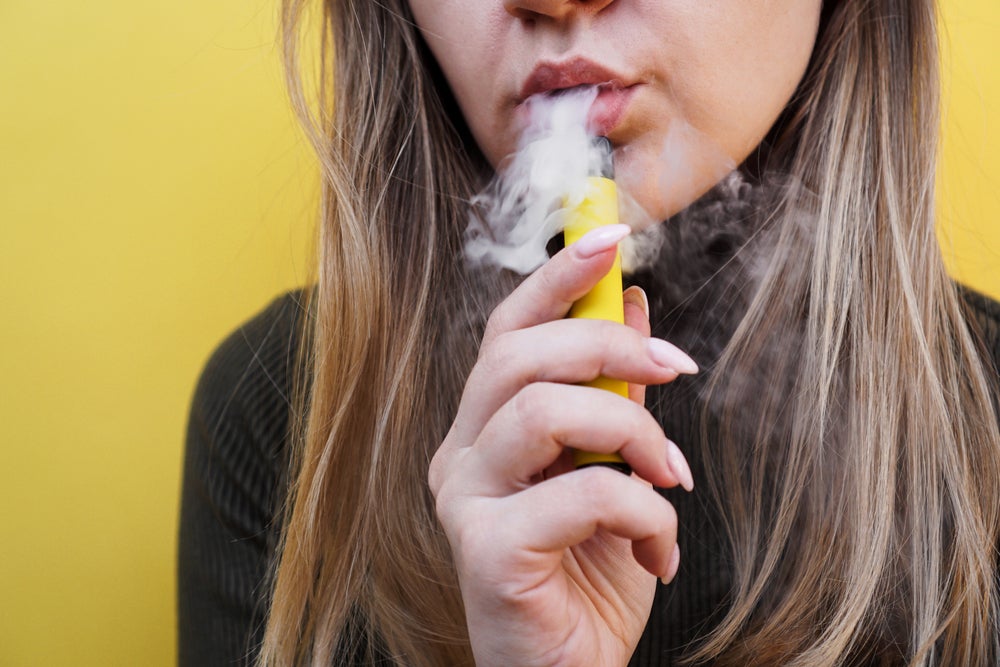
New York City Mayor Eric Adams has taken a bold step in the fight against the environmental hazards posed by disposable vapes.
The city has announced that it has filed a lawsuit against companies engaged in the illegal sale of these harmful products.
The move comes in response to a new report titled “Vape Waste: The environmental harms of disposable vapes,” just released by the US PIRG Education Fund, which sheds light on the growing threat these hazardous electronic wastes pose to our environment.
According to Lucas Rockett Gutterman, the report author and director of the US PIRG Education Fund’s Designed to Last campaign, disposable vapes have become a symbol of our single-use, throwaway society.
The report reveals that there is no standard legal way to recycle these products, leading to their widespread disposal.
If we were to line up all the disposable vapes sold in a year, they would stretch for an astonishing 7,000 miles—enough to span the continental US twice. This statistic highlights the magnitude of the issue at hand.
Non-biodegradable and harmful
While cigarette butts have long been recognised as a significant source of beach pollution, disposable vapes present a new and rising threat.
Unlike cigarette trash, which takes about a decade to degrade, disposable vapes are non-biodegradable and the single-use plastic they contain never fully breaks down.
Moreover, manufacturing these products results in the wastage of valuable materials. For instance, the rechargeable batteries in the disposable vapes sold in a year consist of approximately 23.6 tons of lithium—a quantity that could be used to create batteries for over 2,600 electric vehicles.
Urgent need for action
The findings of the report should serve as a wake-up call, urging the US Food and Drug Administration (FDA) to intensify its efforts to combat the unauthorised sales of disposable vapes.
In June 2023, the FDA issued warning letters to 189 retailers for selling these products. US PIRG Education Fund advocates are calling on all retailers, including major convenience stores like 7-Eleven, Shell, BP and Chevron, to comply with the warning letters and immediately stop selling disposable vapes.
The report also urges the FDA to deny all current and future requests to sell these harmful products.
Protecting the environment and public health
The impact of disposable vapes extends beyond environmental concerns.
Linda B. Rosenthal, member of the New York Assembly and Chair of the Assembly Committee on Housing, emphasises that e-cigarette companies have spent billions of dollars hooking a new generation of kids on nicotine while disregarding the environment.
Rosenthal noted that these colourful and inexpensive devices, made of plastic and powered by lithium-ion batteries, are designed for short-term use and then discarded.
They are attracting young people and are wreaking havoc on our environment, with millions ending up in landfills and washing up on beaches worldwide.
Rosenthal highlights the need to pass laws that combat the harms caused by the e-cigarette industry, protecting public health and the environment from the threats posed by disposable vapes.
As New York City takes legal action against companies involved in the illegal sale of disposable vapes, it is clear that urgent and comprehensive measures are needed to address the environmental and public health risks posed by these products.
The collaboration between government agencies, advocacy groups and retailers is crucial in finding sustainable solutions and preventing further harm to our planet.



